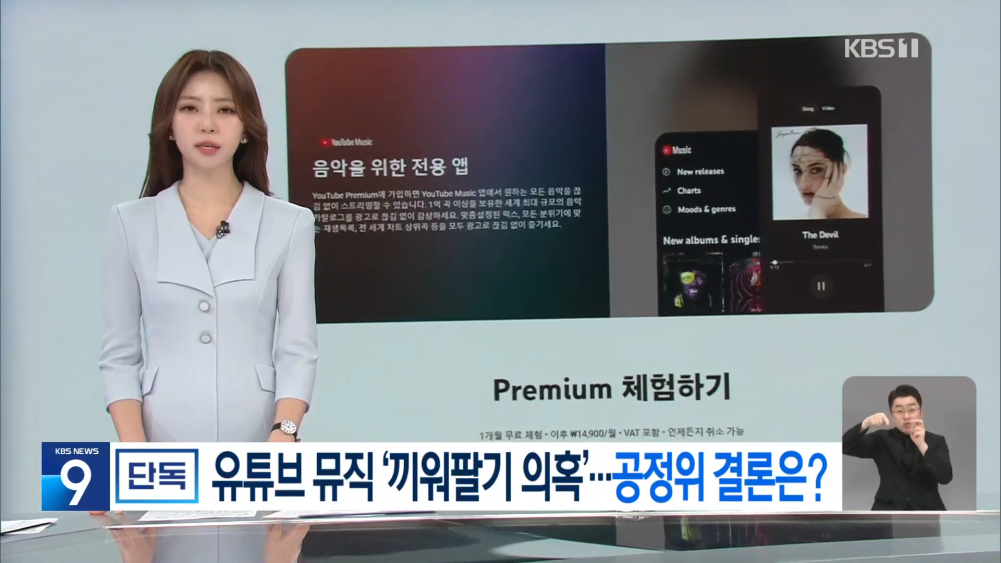
Google has been accused of "bundling" YouTube Music, their music streaming service, to their YouTube Premium users. The Korean Fair Trade Commission (FTC) has been conducting an investigation into this matter for over a year.
According to Korean media outlet KBS, the deliberation process to determine sanctions is set to begin soon.
South Korean users who have subscribed to YouTube Premium, a service where users can watch YouTube videos without ads, for 14,900 KRW (~10.82 USD) a month were provided services to 'YouTube Music,' a music streaming service, without additional charges.
The number of YouTube Music users has rapidly increased, reaching up to 7 million people in Korea, even surpassing domestic companies (such as Melon) to become the number one streaming service in the Korean music market.
Since the service was launched, there have been consistent allegations of "bundling" services, and last February, the Korean FTC began its investigation. The core of the investigation is whether YouTube unfairly hindered the business activities of music streaming operators and restricted competition.
The Korean FTC is expected to conclude its investigation soon and begin the deliberation process to determine sanctions within the first half of the year.
However, there are concerns that the prolonged investigation may render any sanctions ineffective, as the damage to the market and related industries has already been done. An industry insider commented, "We need faster action and conclusions. It's causing significant damage to domestic operators."
KBS stated that there have been growing concerns worldwide regarding the nature of platforms that quickly dominate a market by breaking boundaries in this manner. Through the "bundling" system, a company can easily monopolize a market, and bring damage to related industries.
This latest case highlights the challenges faced by competition authorities worldwide in regulating digital platforms, particularly those with significant market power.
In the United States, Apple has been under investigation for five years because of its 'closed ecosystem' for iPhone users. Recently, an antitrust lawsuit was filed against the company by the US DOJ (Department of Justice). If Apple loses the case, it could face severe sanctions, including the possibility of having to sell some of its business units.
In contrast, the European Union adopted a proactive approach by pre-determining which platforms to regulate and encouraging them to make necessary corrections. Responding to this, Apple recently opened up its operating system only in Europe.
 SHARE
SHARE
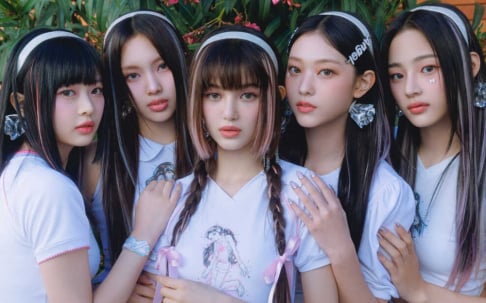






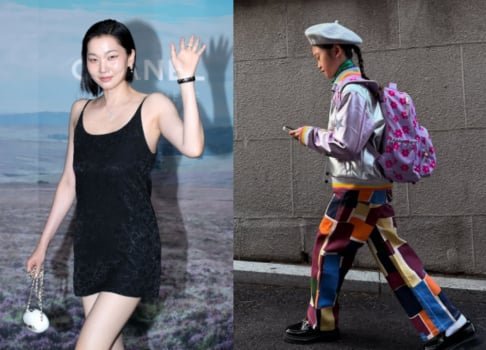









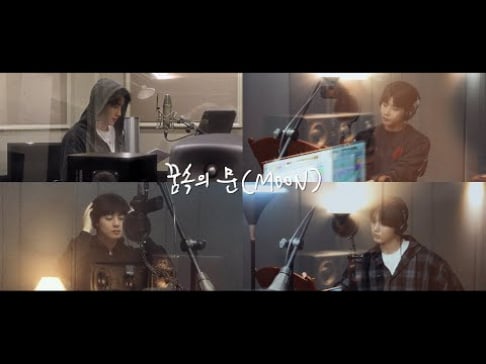





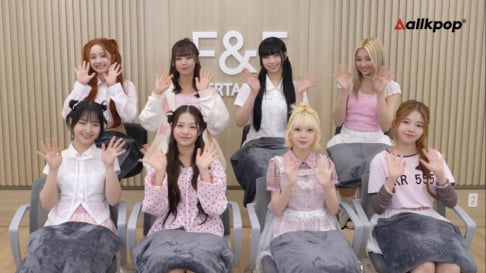




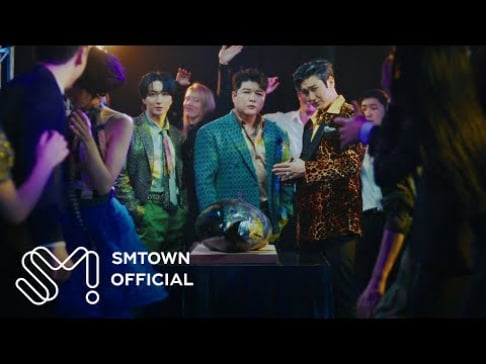

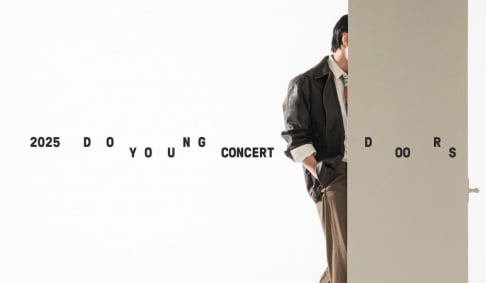
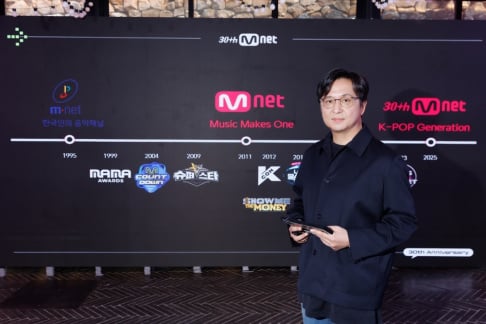

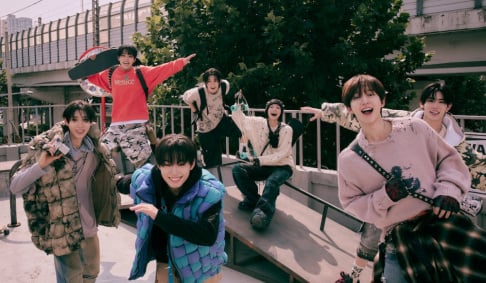
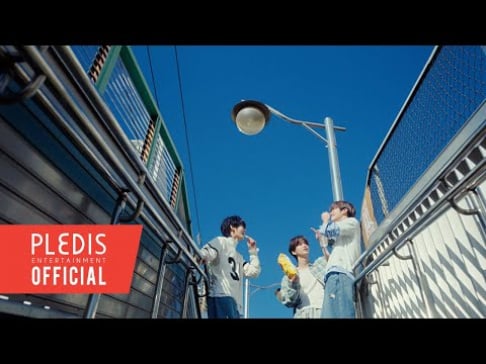







“We aren’t making any money, so we’re going to sanction you for making money.”
12 more replies